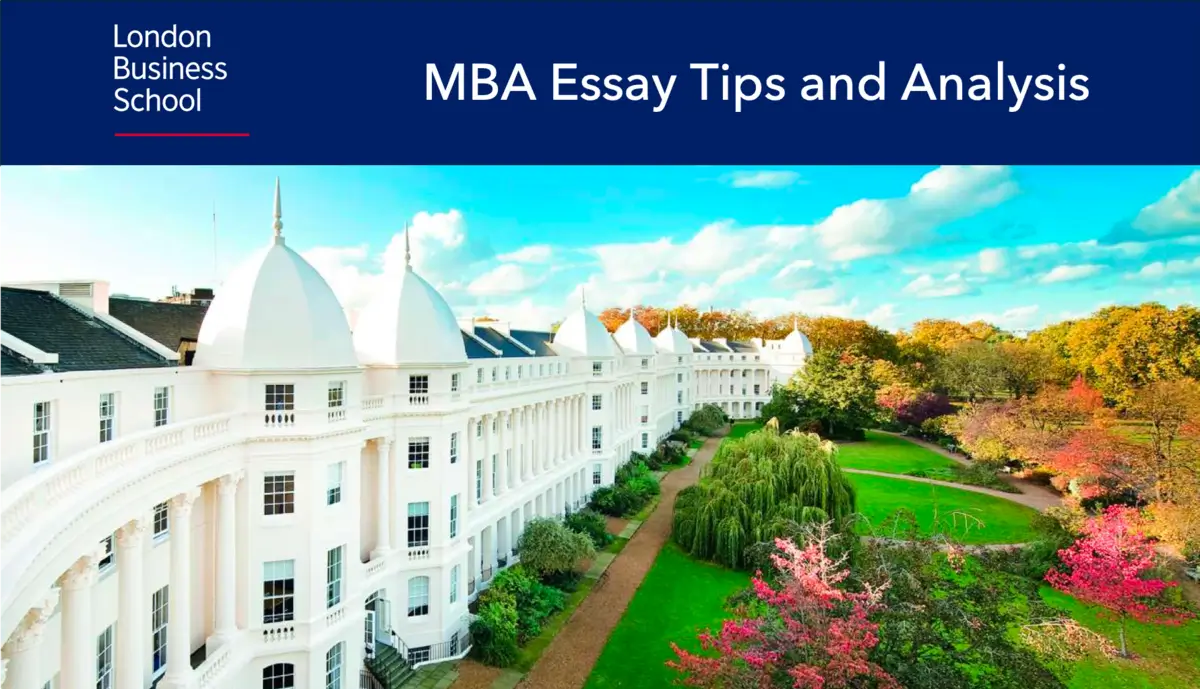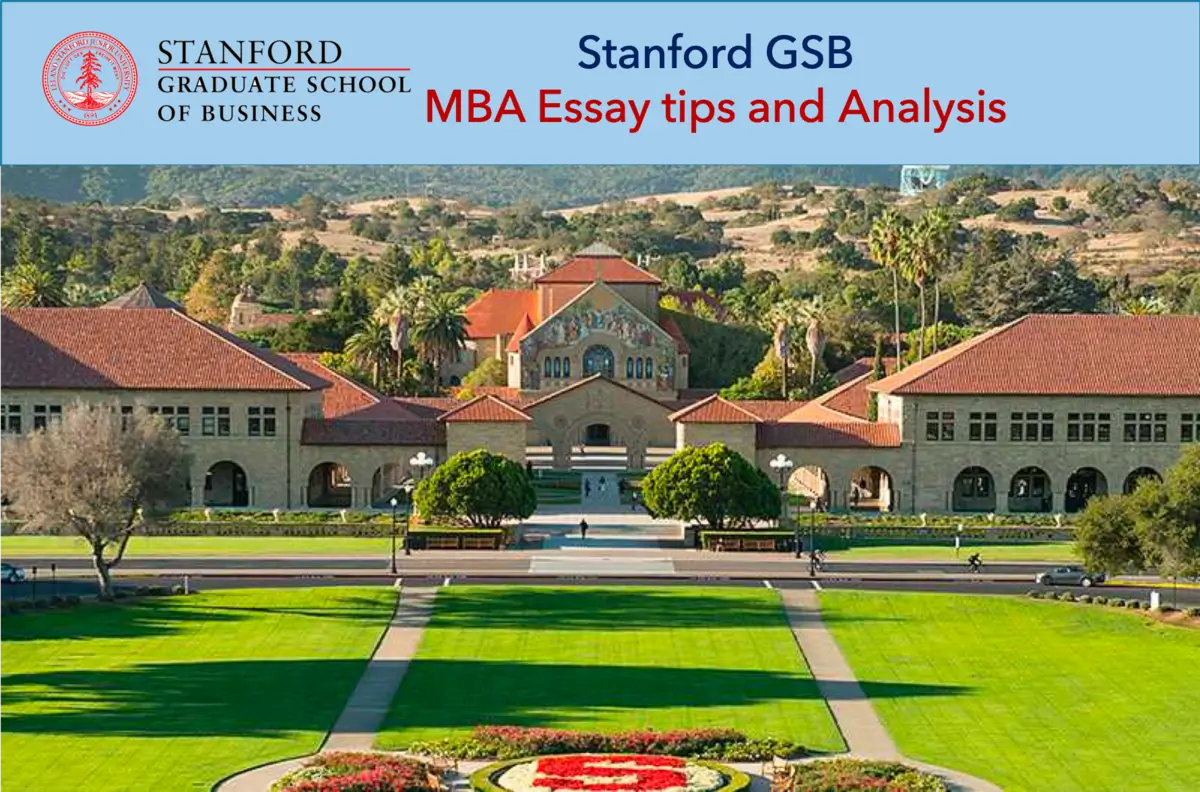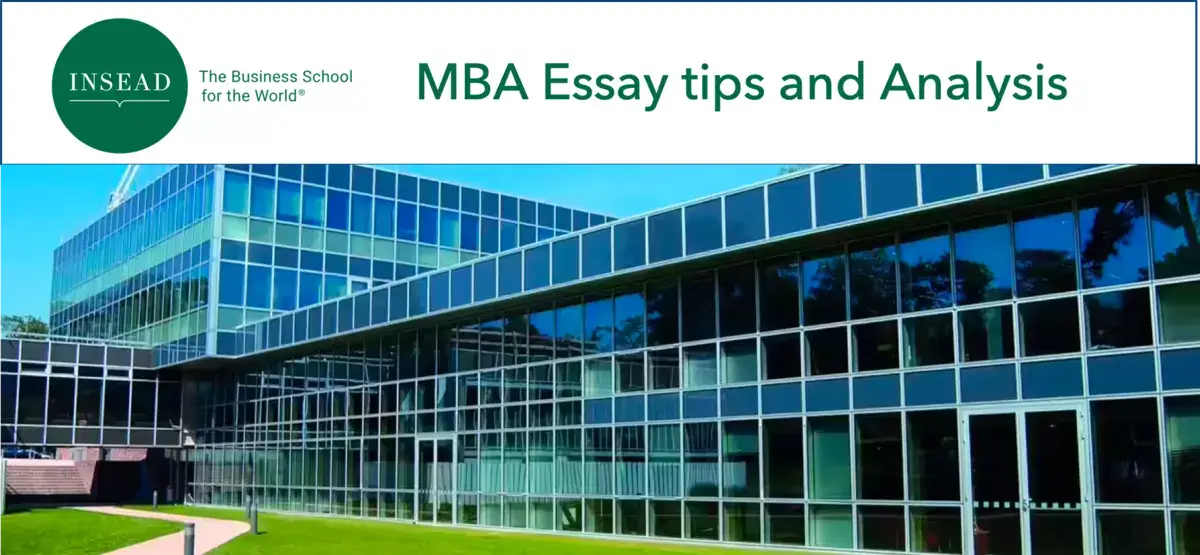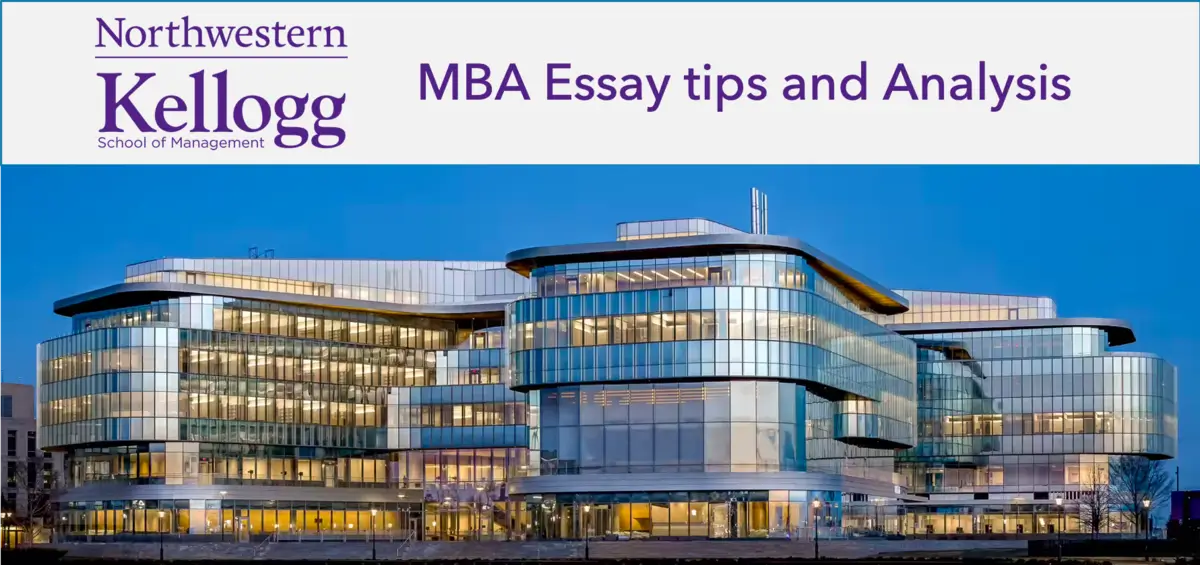Navigating the MBA application process can be daunting, especially when it comes to deciding which application round to target. Most top business schools have multiple application rounds, with Round 1 typically closing in September or October, Round 2 in January, and Round 3 in March or April. This article will delve into the nuances of applying in Round 1, providing you with a comprehensive understanding of its benefits and potential drawbacks. We’ll also explore whether international candidates should prioritize Round 1, identify the best MBA programs for early applications, and offer some concluding thoughts to help guide your decision-making process.

5 Reasons Why You Should Apply in Round 1 of MBA Admissions
- Higher Acceptance Rates
- Data indicates that acceptance rates are generally higher in Round 1. Schools have a majority of their spots open and are keen to build a strong cohort early on. This often translates to a higher likelihood of admission for well-prepared candidates.
- Access to Scholarship Opportunities
- Many top business schools allocate a significant portion of their scholarship funds to Round 1 applicants. By applying early, you position yourself to receive financial aid that may not be available in later rounds.
- Demonstrates Proactivity and Seriousness
- Submitting your application in Round 1 shows that you are well-prepared, organized, and seriously committed to attending the school. Admissions committees often view early applicants as more dedicated and driven.
- Ample Time for Visa and Financial Planning
- Especially for international candidates, applying in Round 1 provides ample time to navigate the visa process, secure housing, and plan for financial arrangements. This extra time can significantly reduce stress.
- Better Position for Career Planning
- If admitted in Round 1, you have more time to plan your career transition. You can inform your employer, negotiate your exit, and even start networking with future classmates and alumni early.
5 Reasons to Wait to Apply in Round 2
- More Time to Strengthen Your Application
- If you need additional time to improve your GMAT/GRE scores, gain more work experience, or enhance other aspects of your application, waiting until Round 2 can be beneficial.
- Extended Period for Self-Reflection and School Research
- Applying in Round 2 gives you extra months to thoroughly research schools, reflect on your career goals, and ensure that your chosen programs align perfectly with your aspirations.
- Opportunity to Improve Professional and Personal Achievements
- The additional months before Round 2 deadlines can be used to achieve significant milestones at work or in personal projects, thereby enhancing your application profile.
- Feedback from Early Applicants
- By waiting until Round 2, you can benefit from insights and feedback from those who applied in Round 1. This can help you avoid common pitfalls and strengthen your application.
- Balancing Other Commitments
- If you have major professional or personal commitments in the fall, applying in Round 2 allows you to manage these responsibilities without compromising the quality of your application.
5 Disadvantages to Applying in Round 1
The disadvantages of applying in Round 1 of MBA admissions include:
- Limited Time for Preparation: Rushing through the application process to meet the Round 1 deadline may result in a less polished application. The first application is often not the strongest due to the learning curve involved in the admissions process.
- Risk of Early Rejection: If you belong to an over-represented group, such as Indian males in tech, applying in Round 1 may lead to facing more competition and potentially being rejected early in the process if the school has already admitted enough candidates from similar backgrounds.
- Reduced Flexibility: Applying in Round 1 may limit your ability to improve your application with updated credentials, such as a job promotion or a higher GMAT score, which could strengthen your candidacy if you waited until Round 2.
- Limited Scholarship Opportunities: While Round 1 offers the advantage of having the full scholarship budget available, negotiating for a higher scholarship amount may be more challenging if you receive an offer early in the admissions cycle.
- Pressure to Apply Early Decision (ED): Some schools offer an Early Decision option in Round 1, which requires applicants to commit to attending if admitted. This limits your flexibility to consider other schools and may not be suitable if you are unsure about your top choice.
Should an International Candidate Apply in Round 1?
For international candidates, applying in Round 1 is generally advisable. The additional time before the program starts can be crucial for several reasons:
- Visa Processing: Obtaining a student visa can be a lengthy process. Early admission gives you the extra time needed to handle bureaucratic hurdles without the pressure of impending deadlines.
- Relocation Logistics: Moving to a new country involves considerable planning. From finding accommodation to adjusting to a new culture, having more time can make the transition smoother.
- Securing Funding: International students often face challenges in securing loans or other financial support. Being admitted early allows more time to explore these options thoroughly.
Final Thoughts
Deciding whether to apply in Round 1 or Round 2 for an MBA program depends on your individual circumstances, readiness, and strategic goals. While Round 1 offers significant advantages such as higher acceptance rates and better financial aid opportunities, Round 2 provides additional time to strengthen your application and achieve personal milestones.
For international candidates, the benefits of applying in Round 1 are even more pronounced due to the complexities of visa processing and relocation logistics. Ultimately, the key is to submit the strongest application possible, whether that means taking the extra time for Round 2 or leveraging the early bird advantages of Round 1.
By understanding the intricacies of each application round and aligning them with your personal and professional timelines, you can make an informed decision that enhances your chances of securing a spot in a top MBA program.




